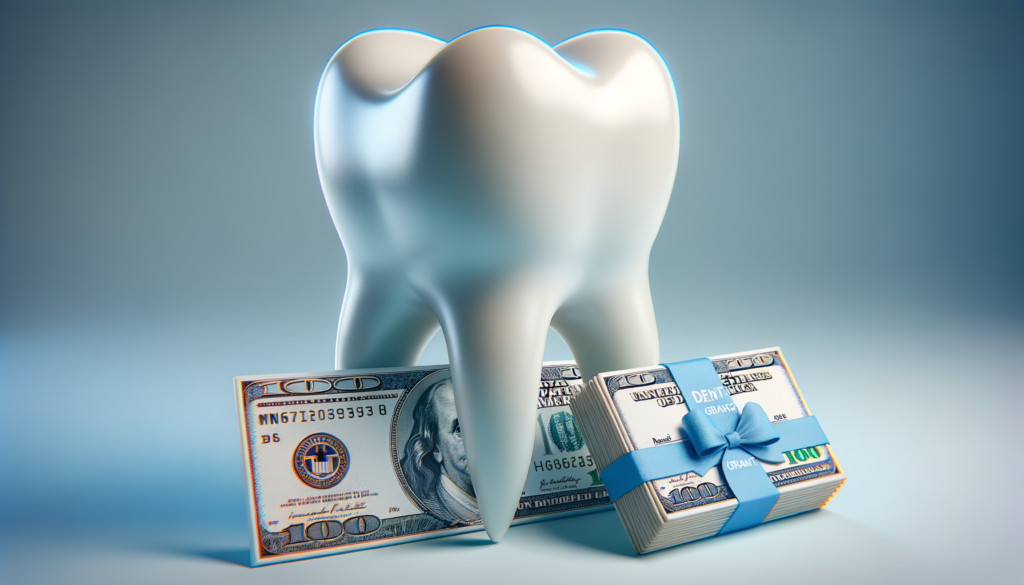The Technology Blog

Affordable Dental Implants – Grants Can Help Make It Possible
Understanding Dental Grants: An Overview
Dental health is a crucial aspect of overall well-being, yet the cost of dental procedures, especially implants, can be prohibitive for many. Dental grants offer a financial lifeline to those seeking to improve their oral health without incurring significant debt. These grants are often provided by non-profit organizations, government programs, and sometimes dental schools aiming to make dental care more accessible to underserved communities.
One of the primary benefits of dental grants is their ability to cover a portion of the cost of dental implants, which are typically expensive. These grants are not loans and do not require repayment, making them an attractive option for individuals with limited financial resources. To qualify, applicants usually need to demonstrate financial need, and sometimes, a commitment to maintaining oral health post-procedure.
Eligibility criteria for dental grants can vary widely. While some programs focus on specific demographics, such as veterans or low-income families, others might prioritize individuals with severe dental issues that impact their quality of life. Understanding the specific requirements and application processes for these grants is essential for potential beneficiaries.
How Dental Grants Can Transform Lives
Dental grants have the potential to significantly alter the lives of recipients. Missing teeth can lead to a host of problems, including difficulty eating, speaking, and a decrease in self-esteem. Dental implants, while a viable solution, often remain out of reach due to their high cost. Here, dental grants play a pivotal role by bridging the financial gap and enabling individuals to access necessary treatments.
The impact of receiving a dental grant extends beyond physical health. Recipients often report improved psychological well-being and social interactions. A restored smile can lead to greater confidence in professional settings and social environments, opening up new opportunities and enhancing quality of life.
Moreover, dental grants can alleviate the financial burden on families, allowing them to allocate resources to other essential needs. The ripple effect of improved dental health can lead to a reduction in healthcare costs over time, as untreated dental issues can exacerbate other medical conditions.
Applying for Dental Grants: Steps and Considerations
Applying for dental grants requires careful consideration and preparation. The first step is to research available grants and their specific eligibility criteria. This may involve contacting local dental associations, non-profit organizations, or government agencies that administer these programs.
Once potential grants have been identified, applicants should gather necessary documentation to support their application. This typically includes proof of income, dental health records, and sometimes a personal statement explaining the need for financial assistance. It’s crucial to ensure that all information is accurate and complete to avoid delays in the application process.
Applicants should also be prepared for a competitive selection process. Many dental grant programs have limited funds and receive numerous applications. Tailoring the application to highlight unique circumstances or pressing dental needs can improve the chances of receiving a grant.
Finally, patience is key. The application process for dental grants can be lengthy, and decisions may take several weeks or months. Staying informed and proactive throughout the process can help ensure a successful outcome.









